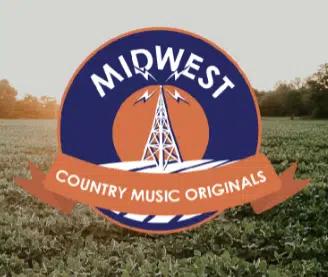This week we took a look at a few different careers within the ag industry, a large animal vet, an agronomist, a nutritionist, and now an ag educator. In every career, education played a huge role in the success of each person. That’s why it’s only fitting to end with an Ag Educator from Fox Valley Technical College, Jason Fischer.
One of the most interesting things about Fischer being an agriculture teacher is that he never grew up on a farm. “I did not grow up on a farm. I had family members that farmed, but my parents were not farmers,” he went on to explain how he got involved in ag, “I had several Uncles that farmed and it seemed like I always enjoyed my time on the farm. I knew agriculture was my calling, I knew it was my passion.”
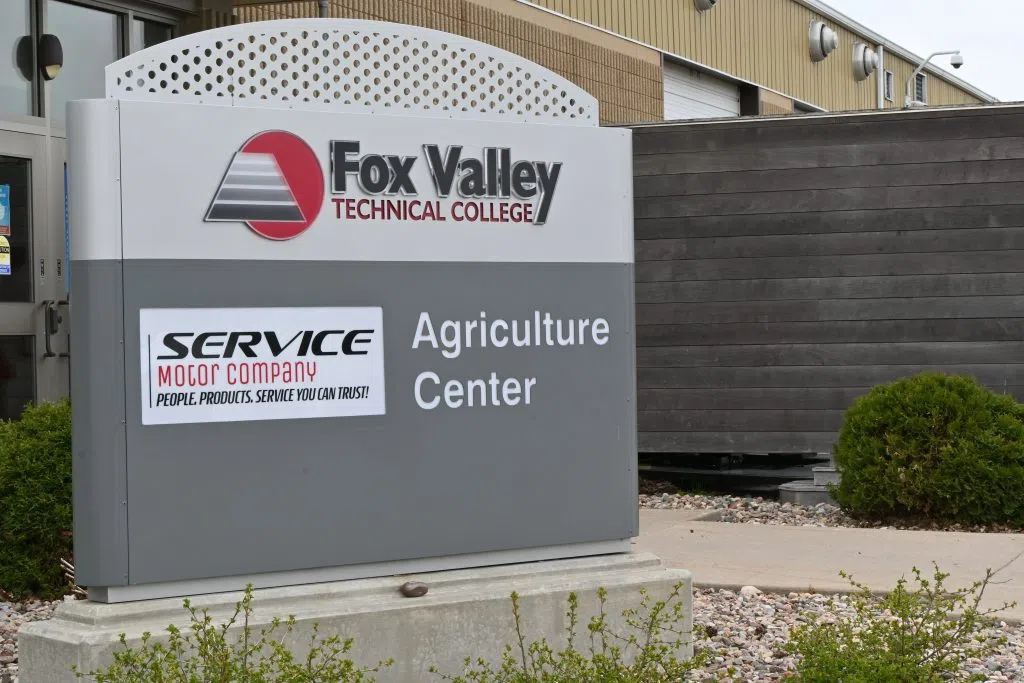
He talked about how besides agriculture, he also loved the idea of “moving knowledge forward,” so his high school FFA Advisor told him to combine the two and become an ag teacher. After high school he went on to UW-Platteville, earned his degree in Agriculture Education, student taught for a while, ended up at an agronomy plant for a couple of years, and then got the call to teach at Lakeshore Tech, and for the past 11 years he’s been at Fox Valley Tech at the Appleton campus.
Fischer mentioned the fact that when he was going to college, there wasn’t a high demand for ag teachers like there is now. He explained that now there are a lot of opportunities for educators due to the fact that a big group is retiring, while others are choosing different career paths. “The opportunities are plentiful within school districts to become an ag educator,” Fischer said.
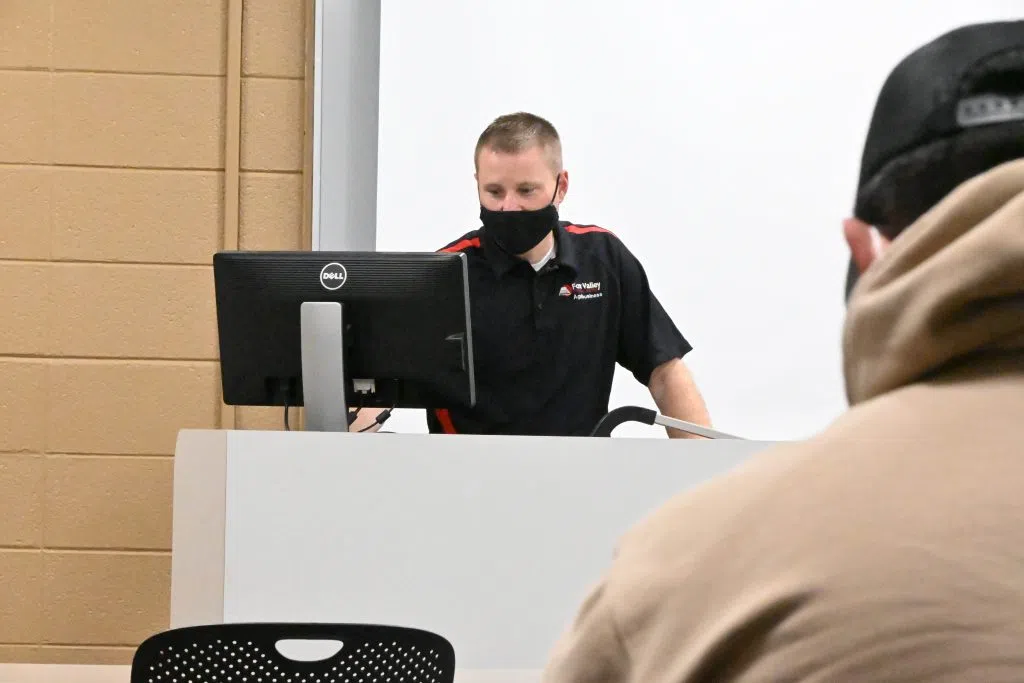
He wanted those interested in becoming an ag teacher to know that you will need a four-year Ag Education degree to teach in a high school and if you end up wanted to teach in the tech school system, they prefer you have experience in the ag industry. For example, all of the instructors at Fox Valley Tech have training from the industry as well as from higher education.
He truly did find his calling and has a passion for teaching the next generation of ag professionals. “It’s awesome. It puts a smile on my face every day seeing this next generation come in,” he brought up a fond memory, “when I was young I remember a comment someone made and they said ‘if you die with all of your knowledge and never pass it on, it’s useless knowledge.’ This is a statement that stuck with him since he was a child and in turn, helped him realize that education was the path he wanted to take.
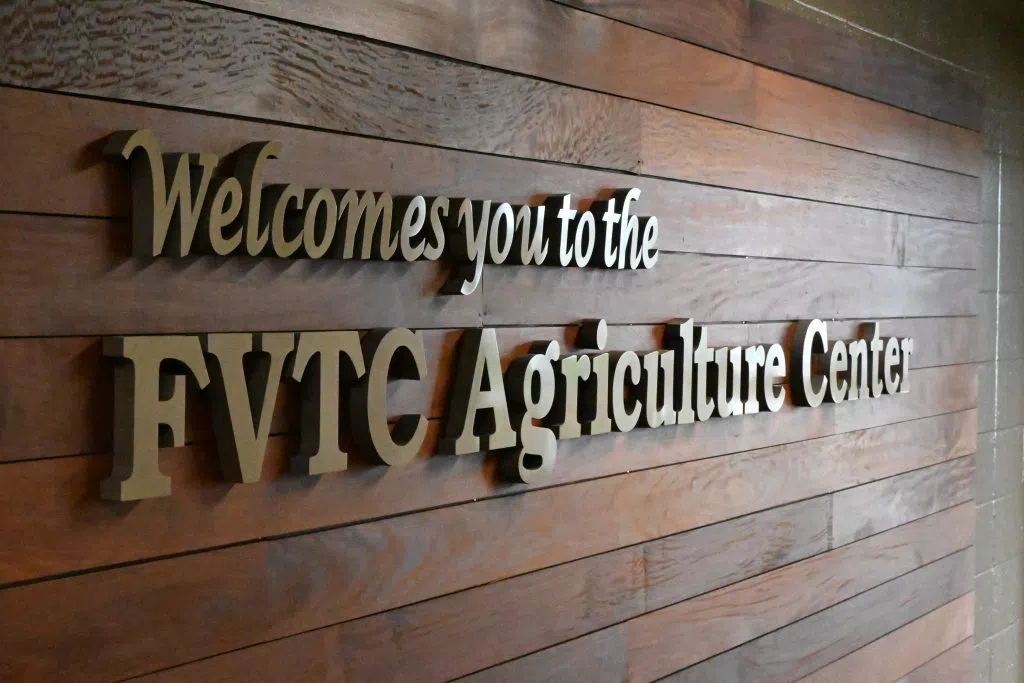
“As an educator, I can help carve those students into what they want to be,” he said, “I can help them make decisions on their education, I can help them make decisions on their careers. Really what I’m doing is I’m helping them make decisions on their future and helping them move forward with their futures.” Fischer said that one of the coolest things is when a former student comes back and shares their successes and failures with him. Basically sharing the things they’ve learned from the career path they chose. That’s what makes it all worth it for him.
He said that this past year made agriculture education pretty tough because most of the classes are very hands-on and then they were forced to switch to an online format that had never been done before. Looking at the big picture of ag education, one of the tougher things for him and for all people in agriculture is that it will never be a set work schedule. This isn’t an industry that has a lot of nine to five, set-in-stone jobs. Everything depends on the time of year and what’s going on. For example, at FVTC the students plant and grow their own crops so they could be out in the fields until eight or nine at night some days. That’s just part of the profession.
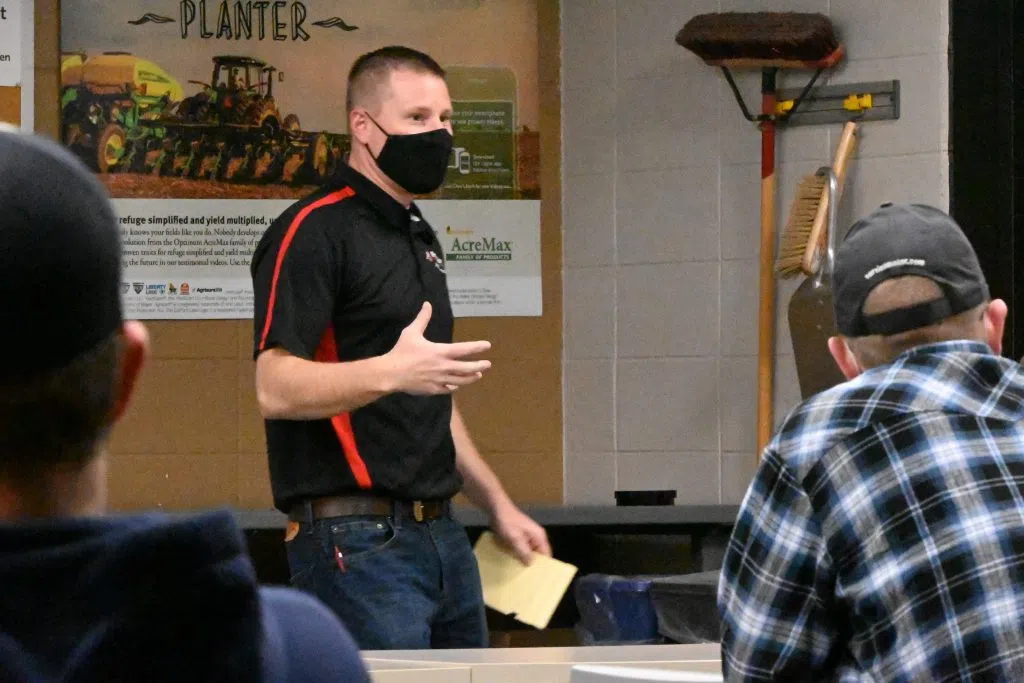
“At the end, it’s all worth it when you see the smile on that student’s face. For some of the students, it’s the first time in that equipment and it’s just an awesome experience to be able to give that to them,” he went on to say, “it’s an amazingly rewarding career field. Day-to-day you might not see those rewards. There are days where maybe the class didn’t go the best or maybe you had this amazing lesson plan and it just didn’t work out…you can’t look at the day-to-day struggles or the things that didn’t work well. You have to look at more of a holistic picture and look at that student that you were able to mold into just an amazing employee for someone.”
If anyone has a passion for teaching students about the ag industry, it’s Jason Fischer.
To hear the full interview, head to our Ag on Demand podcast page.


